Metaverse - What it is, how it will impact YOU
Metaverse Thesis
Let's set the scene, it's April in 2030 in Chicago. You wake up feeling a little off. You put on your AR glasses which have become ubiquitous in the developed world. Your fitness monitor interface tells you that you will need exactly 40 OZ of water with 200mg of Sodium and 100mg of potassium to feel noticeably better. Your fridge sends an alert that these ingredients are not possible and that you will need to go pick something up.
But first, you need to jump into a meeting that features coworkers from SF and NYC, vendors from Hong Kong, and customers from Singapore. You put on your VR headset and are immediately transported to a virtual workspace verifiably owned by your company. This particular meeting features a demo of a physical product so you put on your haptic feedback gloves to understand the full essence of your vendor’s craftsmanship. Once the meeting is over you have your virtual AI assistant recap the meeting, send out a summary, and schedule follow-ups and the next steps in your CRM.
After the meeting, you exit your apartment. No need you worry about locking up or turning off the lights, that's all done for you automatically. As you traverse towards your favorite juice bar for your wellness concoction your mood is off put by the bleak weather and sounds of the city. Luckily your AR glasses combined with a non-invasive brain interface create a virtual simulation of a sunny, breezy day while reducing the perceivable noise of traffic. As you're walking, your glasses alert you that there is an old friend from college about 25 yards away. You flag them down and after chatting with them for a while you go your separate ways while your virtual assistant makes a reservation and blocks off time on your calendar for lunch between you two in a week.
After picking up your wellness concoction, you return to your apartment to get some work done. Of course, you now work far fewer hours but are infinitely more productive compared to just a few years ago. Chat and voice-based interphases have since largely replaced the point-and-click variation which caused you to spend hours upon hours buried in Excel workbooks and HubSpot. Meetings that once required you to travel the globe are now largely replaced with immersive virtual meetings as your company along with basically every company that can have implemented a remote-first work policy. You still love to travel and do so frequently, just only at your leisure.
In our world today, we live in two distinct realities. A physical one, and a virtual one. Each one of these realities is made up of various systems, mechanisms, affordances, and norms and, like magnets, these two realities are begging to become one. The world is currently at an equilibrium but this is changing.
The Metaverse is a combination of technologies and applications that create a seamless melding of our physical and digital realities.
It’s not a virtual world platform, it’s not VR goggles, it's not a singular thing.
It will change everything about our lives, how we live, work, and play.
Commercially, the Metaverse represents an opportunity orders of magnitude greater than the Internet.
There are so many more people online, so many different things to create, and limitless scale. The metaverse will become the largest market on earth as it’s creating entirely new digitally-native markets and bringing all real-world assets into the digital realm.
The metaverse is the next evolution of the internet and it is coming now.
What is the Metaverse?
Metaverse: The “Metaverse” means a more digitally intertwined future / a more immersive internet.
The term has been wrongly used by marketers to mean a lot of different things.
In my eyes, the Metaverse is not one thing or one piece of technology. It is every technology - the internet, AR, VR, AI, crypto, NFTs, etc all working together in one seamless system.
The Metaverse has overlapping definitions depending on who you ask.
The most prominent of these visions are probably the dystopian virtual environments from Ready Player One or Snow Crash. Or the metaverse is often confused to be a singular virtual world platform like Facebook’s Meta platform - this is also most definitely not the metaverse.
While I believe The Metaverse includes an AR/VR component, it is not a purely virtual experience.
I used to believe the metaverse HAS to operate on decentralized, blockchain-based infrastructure. I no longer agree that every component of the metaverse needs to be decentralized or operate on blockchain. Blockchain will be used within the Metaverse as the technological backing of digital ownership and is a key ingredient to its formation, but not everything has to be decentralized. So even for me, someone who has spent the past 5 years fully immersed in this world, nailing down the exact definition of the Metaverse is not easy. Try to explain the internet and all its capabilities in a single succinct sentence. Not possible.
What makes the Metaverse different than the internet
The internet and metaverse are actually pretty similar. I would argue that there will never be a moment when we proclaim “The metaverse is here!” There will be a gradual evolution into the metaverse that we won’t notice, just as there was never a moment where we understood “The internet is here!” (even though it is mostly definitely here.) The key differences between the internet and the metaverse are:
Realness - The metaverse is immersive, interactive, and persistent while the internet is very 2-dimensional, not very interactive, and definitely does not feel “alive.”
Economic - The financial system of the metaverse will likely be accessible to all, transparent, and operate on blockchain rails. If you want to buy a digital good in the metaverse and have to wait 5 days for the wire to hit the seller’s account in Germany, that is not going to cut it.
Besides these two key factors, what’s bullish for the internet is bullish for the metaverse. If I had to use an analogy for explaining the difference between the internet and metaverse, I would say the internet is as if it were the Roman era. There are many civilizations, different cultures, and many different technologies, but compared with our modern day, we consider that period ancient. The metaverse is the modern era compared with the time that Rome was prominent. The metaverse will have massive leaps forward in technology, capabilities and alter every facet of how we live, work, and play.
How do we know the metaverse is coming?
TLDR: Data. Every piece of data points to the fact that we are spending an increasing amount of time on our screens and the internet is becoming essential for daily life.
Connectivity: In 2023, 63% (5.1 billion) of the world's population is online. By 2030, it's projected that 88% of the world's population will be online (7.5 billion people!)
Screentime: We are spending more of our waking hours online:
Data & compute usage: Data centers power the internet and our modern world. Their growth is actually measured by electricity usage. You can see from the below chart, data centers are growing non-stop.
Internet of Things: It’s become a joke that your toaster is now connected to your wifi but it’s true! There are ~30 billion internet-connected devices today and that number is expected to grow to +40 billion internet-connected devices by 2030.
Remote work: Remote work is becoming more popular and these people spend on average 13 hours per day on screens!
Health: Let's be real, how often do you check Google when you feel sick or have any sort of health-related issue? We are relying heavily on online information to figure out what's going on with our health
Wearables: To nail the point home as to how much we trust/rely on the internet even for things as important as our health, the below chart shows wearable medical-related devices’ past growth and expected trajectory.
Relationships: I hardly meet anyone today that hasn’t met their partner through an app or a dating website. We are using the internet to help us with our most important life decisions
Economy: Our economy (specific to USA), is increasingly becoming less focused on real atoms and more focused on bits. The intangible part of our economy now makes up the majority of the stock market's value. They say every company is a tech company today. I know going forward that every company will become a metaverse company.
For some less data-driven insights into how we know the metaverse is coming:
What is the first thing you do when you wake up? Check phone?
When you lose your phone, what emotion do you feel? (panic! The fact that an inanimate object that holds no sentimental meaning can cause you to have such strong emotions because “your whole life is on there” is pretty incredible)
How many hours per day do you spend on screens (TV, phones, computers)?
How often are you connected to wifi/Internet? Are you connected even when you are sleeping (so 24/7)?
As the internet is only becoming more pervasive. Our computers, phones, and wearables are becoming more integrated into ourselves, so much so that many of us are practically cyberborgs.
Why is the metaverse important?
TLDR: The metaverse is going to impact how we live, work, and play.
The metaverse will right many of the wrongs that increase screen time has done to our social nature by tricking our brains into thinking a virtual experience is actually real.
AI assistants/workers
Everybody knows AI has exploded onto the scene over the past year. We have seen with ChatGPT and other AI tools that knowledge work is going to be radically altered as “intelligence” becomes cheaper.
Billions of jobs will be augmented and millions of jobs will be lost to AI but there will be billions of new jobs created as the metaverse continues to emerge and evolve.
AI assistants and workers have taken the world by storm in the past year, and it's becoming clear that they will drastically transform the nature of knowledge work. With ChatGPT and other powerful AI tools at our disposal, "intelligence" is becoming more accessible than ever before.
As AI continues to develop, it will undoubtedly augment billions of jobs across a range of industries. While some jobs may be replaced by automation, the emergence of the metaverse will create billions of new job opportunities, ensuring that the impact of AI on the workforce is complex and multifaceted.
Augmented Reality
AR technology is poised to transform manual labor, just as AI is revolutionizing knowledge work. With the aid of AR, workers in diverse fields, from skilled surgeons to construction laborers, will unlock "superhuman" capabilities by providing a digital overlay that offers step-by-step guidance and valuable insights. AR will revolutionize the way EVERY worker across the globe performs their job, enhancing their performance and productivity.
Entertainment
Entertainment is one of the largest opportunities within the metaverse. From text and music to films and video games, all forms of media are about to be taken to the next level with cutting-edge technologies like VR, AR, haptic suits, and even brain-machine interfaces. Get ready for a world of ultra-immersive experiences that will blow your mind:
Immersive video games: Picture exploring and battling in an MMORPG like you're actually there, without feeling any pain from player damage. The level of realism is set to skyrocket, creating an entirely new level of gaming experience.
Immersive experiences: Do you want to meditate on a beautiful Caribbean island, or take your students on an immersive tour of a single cell? The possibilities are endless.
Prompt-to-media: Prompt movies, games, music, and content, imagine the ability to create your own version of a beloved story or combine two of your favorite games to create a brand new one, with just a few keystrokes. The ability to create whatever you dream up will cause an explosion in entertaining content on the web.
Personalization: Don't know what to watch or which game to play? No problem. We will have personalized content that's custom-generated based on your preferences, like TikTok but for all content.
With the metaverse, the potential for play is limitless. A whole new world of entertainment that will take everything you know and love about media and elevate it to a level beyond our wildest dreams. I am actually so excited about this sector specifically from an investment standpoint, my next blog will likely be about the coming revolution in the media & entertainment industry.
How will the metaverse impact YOU?
This is the question that could be worth trillions. In the past, we had "internet" companies, but now almost every company is a "tech" company. Similarly, the metaverse is a collection of technologies and capabilities that will soon transform every company into a “metaverse” company. With the world becoming more digital and connected, the impact of the metaverse will be felt by everyone and everything.
As someone who recognizes the immense potential of the metaverse, I have taken steps to become as involved as possible. As the managing partner at Sfermion, an early-stage investment firm focused on the metaverse, I'm on the lookout for promising pre-seed and seed startups to support. Through my podcast & blog at Zima Red, I'm discussing the possibilities of the metaverse and writing blogs to keep people informed.
Most recently, I co-founded Metaproof, a media company dedicated to covering the business of the metaverse. Trevor Grant and I launched this venture to stay informed on how AI, VR, AR, NFTs, blockchain, and other technologies are impacting industries like fashion, sports, gaming, media, entertainment, art, and more. Our goal is to help others stay informed and connect with one another to create new opportunities and companies within this trillion-dollar market.
We're starting with a daily newsletter, but we plan to expand Metaproof to include a community where people can collaborate, form partnerships, and hopefully do business with each other. I've even signed up every Zima Red subscriber to Metaproof, but if you don't find it valuable or would rather not be a part of it, you can unsubscribe. My hope is that by sharing knowledge and insights, we can stimulate growth and help people create their own opportunities within this exciting new world.
Onwards!
Andrew
Metaproof Twitter - https://twitter.com/metaproofxyz
My Twitter - https://twitter.com/AndrewSteinwold

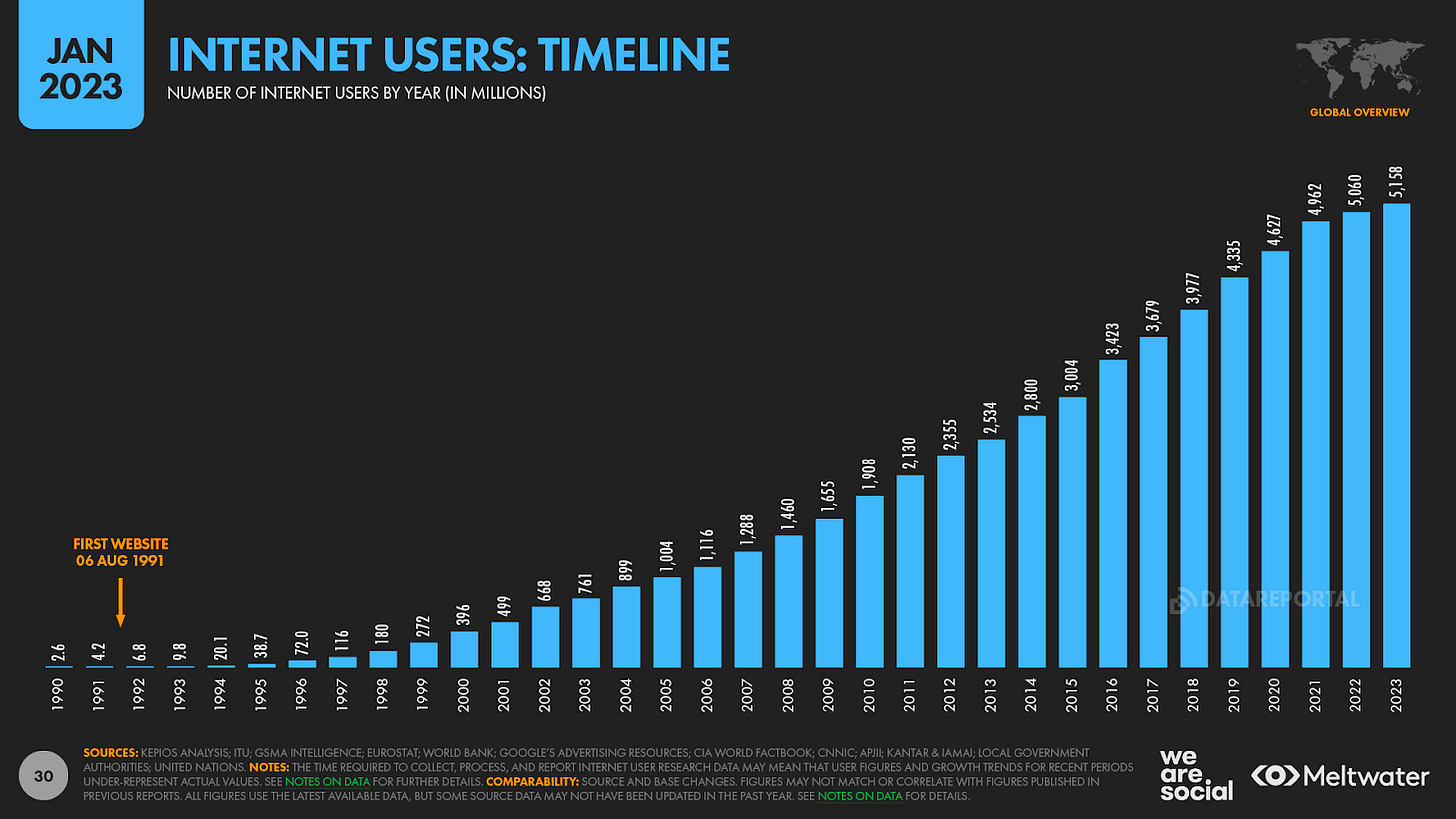
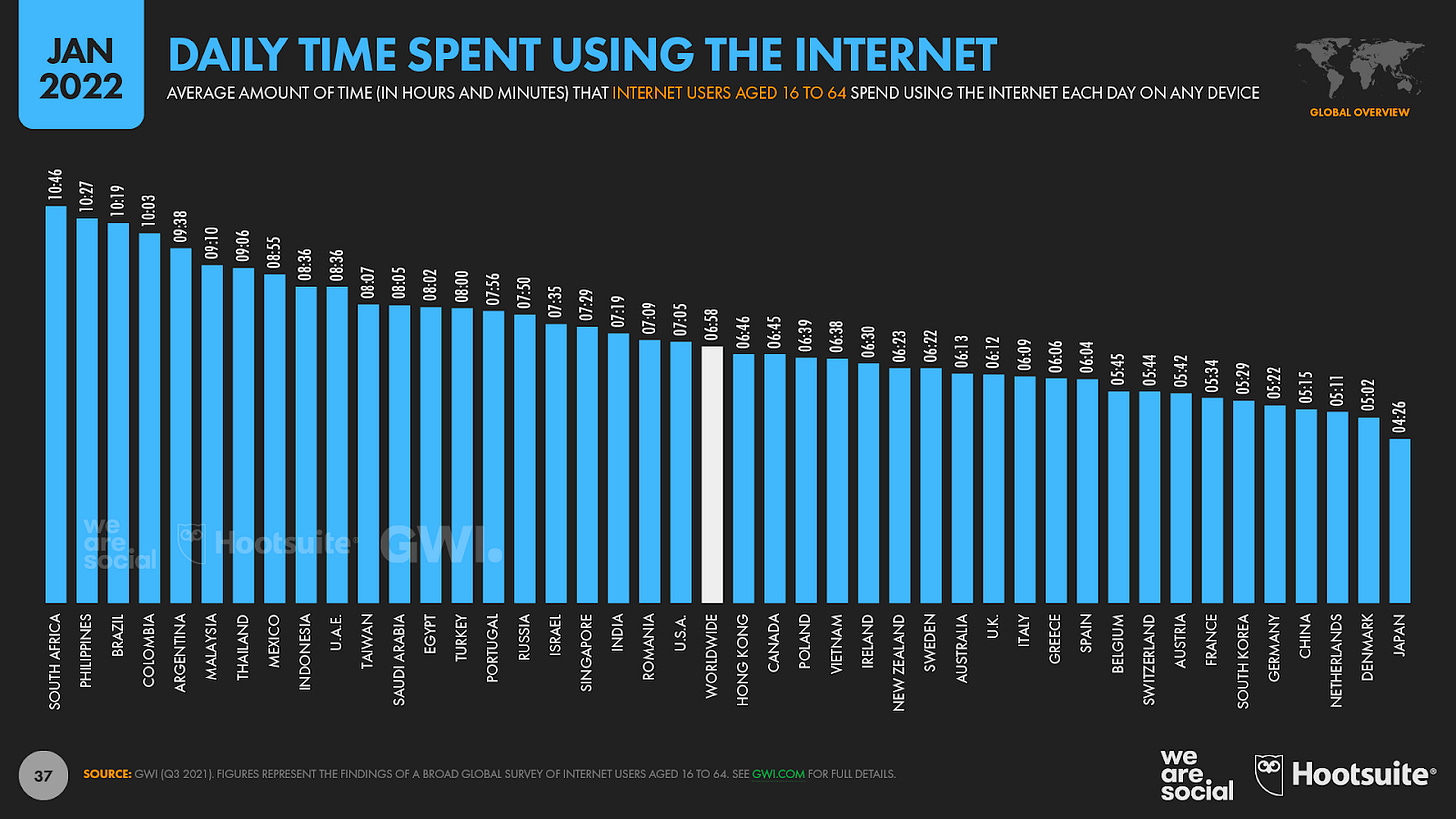




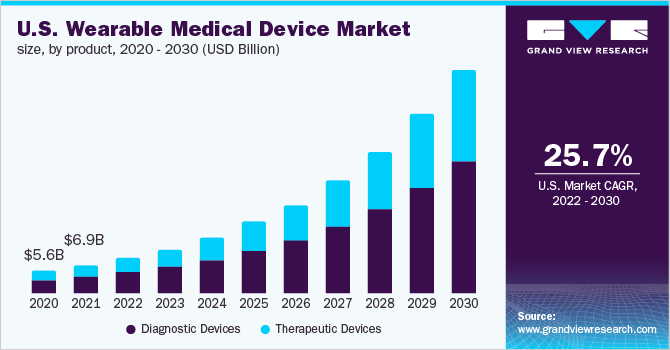

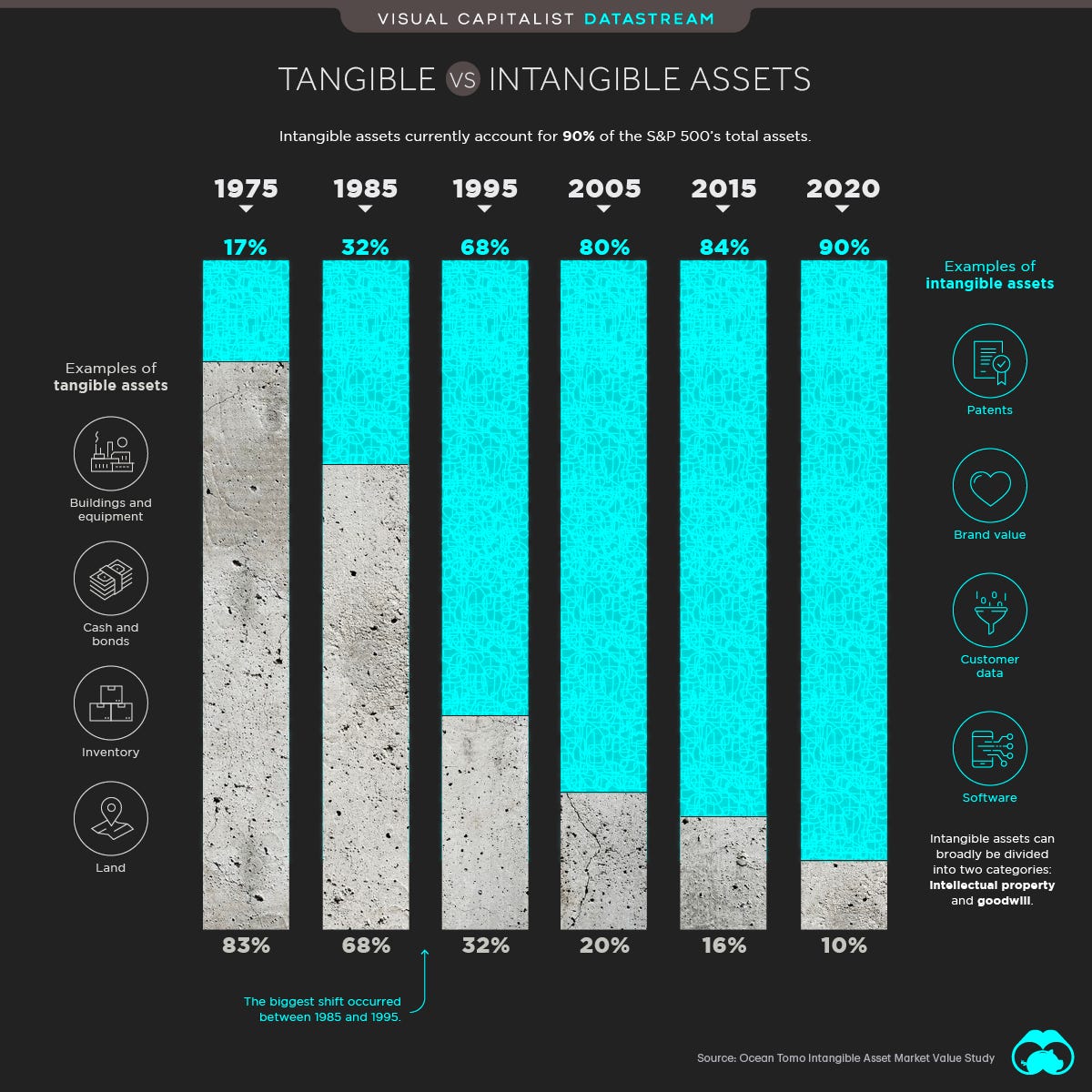
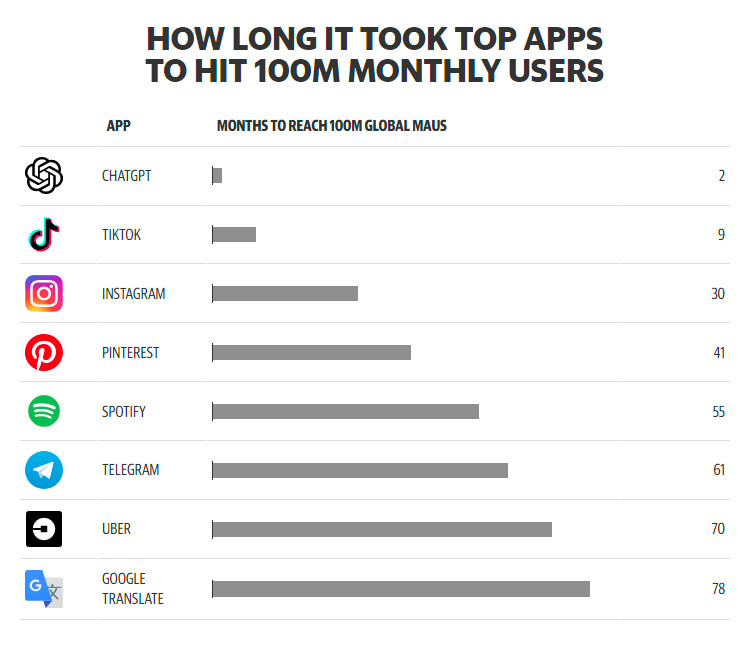
Metaproof is excellent and has become a go to news source for me in web3/metaverse emerging tech paradigms...almost replacing some other news sources that seemed great but have dropped off. Thx for doing this.
I think you are on point about a community to connect people to share knowledge and collaborate, but how is a challenge. Some thoughts here that might inform your efforts.
I, probably like everyone, has been in online communities over the years but they all end up a real suck because content and information flow is not facilitated and curated and most don't have a CRM attached so there is not context of who is who.
I, like everyone, does not have time to constantly check every feed/thread, which is why curation is critical. And now we have Discord...new platform but same problem.
How do we get people to contribute what they know to help others, curate it so it can be found, and compensated for what they share (micropayments using web3...maybe Formless.xyz protocol)?
How do we make it easy for people to post what they need (can't do that on Linkedin) that is searchable (how about each one of us create a dynamic NFT with what we need in the metadata that can be posted on chain so its now searchable)?
But the need for facilitated, curated, searchable, maybe micro-payment enabled communities is critical because emerging tech paradigms are overwhelming...each on of us cannot keep up.
But it's further afield than just web3/metaverse/technology; take manufacturing, which is seeing a reshoring boom and tons of innovation coming out of large and small companies alike, but how does the rest of the industry know about these to take advantage of them?
I firmly believe we have the tech and know-how to do anything we want and solve any problem, but so much of our knowledge gets lost (stuck in people's heads, enters the long tail of content distribution so it never gets seen again) and people that should be connected, aren't, because we just don't have the systems/processes to make that happen (maybe when we all have AI agents that know us intimately and can then go out and search for others to help surface potential connection).
As someone who owns digital land in many metaverses and spends much time in one (Voxels), considering it a 2nd home, I found this article to be very compelling even though you're 'preaching to the choir'. But that's what was fascinating: 'Metaverse - What it is...' made me want to participate in the 'verse altho I've lived there for 2+ yrs (it's hard for me to say 'meta' anymore lol, ever since Meta). Specifically I love how the article reads like a novel at first, before getting into the steak and potatoes of solid data (great sources btw). I think the article is a great template for compelling an audience to consider something that may be new for them. It has plenty of spark, and then gets to the not-so-boring details. The reason the details aren't boring is because your take on that Day in the Very Near Future is so attractive and based in reality. Indeed many of the things you mention exist today, such as virtual meetings and smart fridges. I look forward to more from you, as many in the metaverse - myself included - would benefit from guidance regarding profitable and meaningful uses of their land.